Focus
Your Present Location: HOME> Focus-

Wang Wen: Post-pandemic may be more enlightened era
What humanity now needs is not only a revolution in national governance capacity. We need transformation and adjustment of government behavior and local governance methods to deal with public health crises. We need to help more poverty-stricken areas to avoid becoming a hotbed of viruses. Moreover, we need a revolution in the concept and mind-set of global governance.
2020-04-14 -
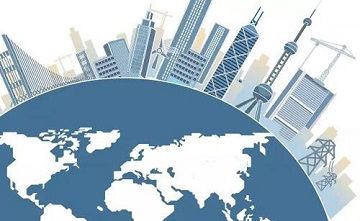
He Weiwen: Will the Great Depression Repeat Itself?
Governments across the globe have announced severe measures to check its spread, from social distancing practices to lockdowns and quarantines. With factories, shops, restaurants and theme parks closed and most airline flights suspended, the economy has been falling off a cliff in many parts of the world.
2020-04-09 -
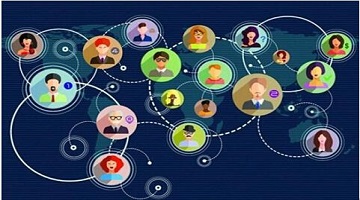
William Jones: The COVID-19 pandemic requires a rethinking of the world order
New viruses may develop. That is not in our power to prevent. But we can develop the ability and the means to tackle any new such threat if we build the international structures in which the world can act together and not behave as a house divided.
2020-04-08 -
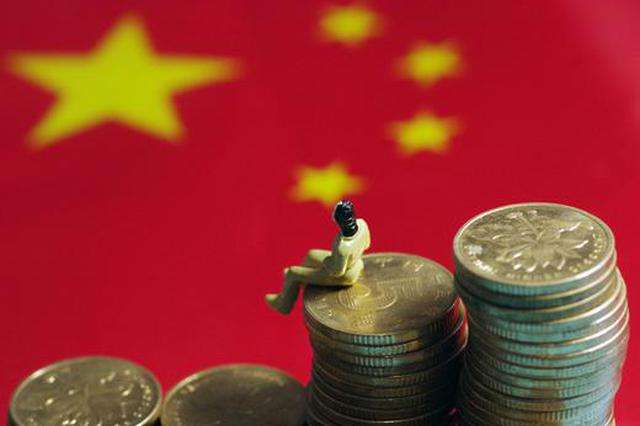
Opening-up policies to boost competence of financial sector
2020-04-08 -
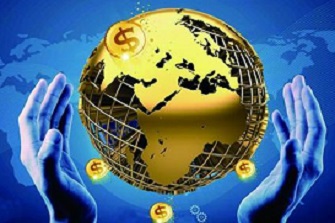
Is US facing recession? Real economy to decide
People even in their wildest dreams would not have expected the US stock exchange to halt trading so frequently. The volatility of the US stock market can be attributed mainly to the novel coronavirus pandemic. And the strong rally over recent days could be temporary. As for when the stock market will bottom out, it depends on when the pandemic is contained, and at what cost. But the US administration should realize that more effective measures to control the disease, rather than the massive stimulus package it has announced, are more conducive to boosting stock prices in a big way.
2020-04-07 -

Djoomart Otorbaev: What will happen with Russian state budget facing negative oil export price?
When on March 8, after Russia declined to approve OPEC's proposal to cut production by an additional 1.5 million barrels, on top of the previous 1.7 million barrels agreed upon in December, the crude oil prices plummeted. Obvious explanation was that two shock factors knocked down the prices - a catastrophic drop in oil demand due to the spread of coronavirus and a price war between Russia and Saudi Arabia.
2020-04-07 -

Liu Zhiqin: Country's strengths key to global stability
As the COVID-19 outbreak sweeps across the globe and causes severe economic damage, whether China-so far the only major economy that has largely brought the disease under control-can manage a brisk recovery concerns not only the country itself, but the entire world.
2020-04-07 -
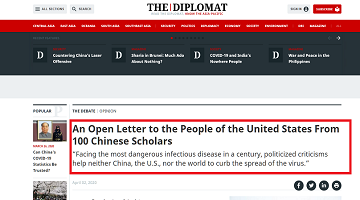
An Open Letter to the People of the United States From 100 Chinese Scholars
An Open Letter to the People of the United States From 100 Chinese Scholars. 100 Chinese scholars share their views with American friends. They represent diverse academic fields including philosophy, political science, economics, medicine, international relations, sociology, law, communication, military science, and technology.
2020-04-03 -

Zhao Minghao: The Doctors Are Joining Hands
With the total of confirmed coronavirus infections surpassing 300,000 worldwide, panic has set in. United Nations Secretary-General Antonio Guterres has warned that humanity may be facing a crisis not seen in 75 years. Especially worrisome is that a great number of patients are dying because they can’t receive timely treatment, even in advanced countries, such as Italy.
2020-04-03 -
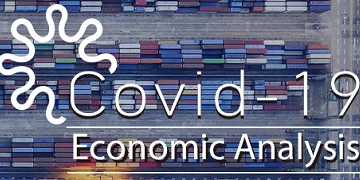
He Weiwen: China-U.S. trade ties face new challenges amid COVID-19 pandemic
The unprecedented COVID-19 pandemic is changing the world at a rapid pace. Shortly after China encountered the outbreak, the rest of the world is under the influence of the rampantly spreading virus, with total cases excluding China surpassing 777,000 as of March 31.
2020-04-02 -

John Ross: Human life must trump economics in a pandemic.
The pandemic has a clear global course. Despite the coronavirus outbreak beginning in China, Beijing has brought it rapidly under control – the number of domestically transmitted cases was reduced to virtually zero by the end of March. In the US and Western Europe, on the contrary, the number of cases is rising vertiginously with no peak in sight.
2020-04-01 -
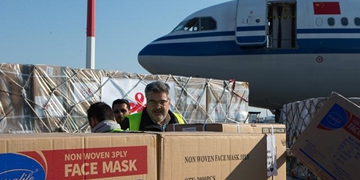
Wang Yiwei: China’s anti-virus aid out of goodwill, responsibility, not atonement
China's behavior throughout the outbreak has demonstrated that it takes its international responsibilities seriously, as is commensurate with its status and with Chinese traditions. It is in no way some kind of "atonement" for some "crime" which the country has never committed.
2020-04-01 -
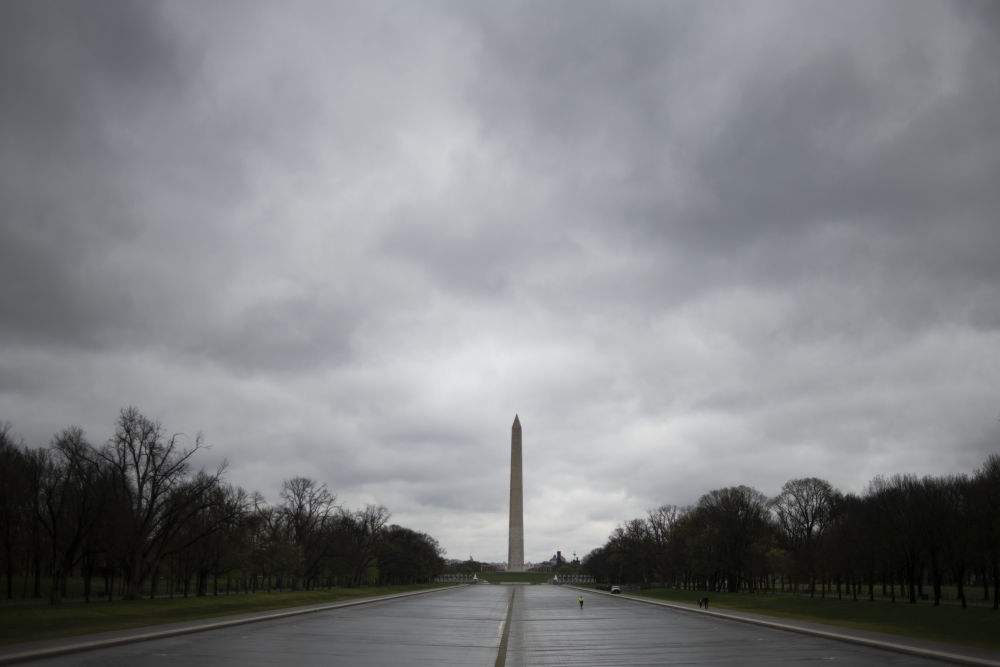
Wang Wen: Trump govt’s three big lies hurt Americans
For most people it's unfathomable that the fight against the COVID-19 pandemic is the first global event that hasn't been led by the US since 1941. In 1941, the US was a leader in the worldwide antifascist war. During this current global fight against an invisible enemy, the US is hardly able to protect itself. The US should have been much better prepared for the outbreak considering the coronavirus came to its shores after it had rampaged through China, Japan, South Korea, Iran, Italy, France, Germany and Britain.
2020-03-31 -
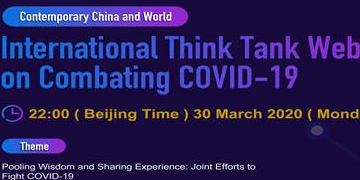
Contemporary China and World: International Think Tank Webinar on Combating COVID-19
2020-03-30 -

US feared as next epicenter
Experts warned that the US medical system may collapse if millions of patients flood hospitals due to a serious lack of beds, ventilators and medical staff. Experts cited slow government response and low detection rate for rapidly expanding infections in the US, urging the US government to launch more strict quarantine policies and pay more attention to rural areas, where medical conditions are comparatively poor.
2020-03-27 -
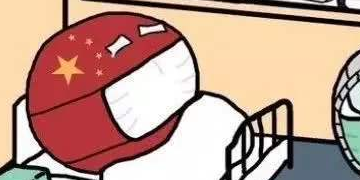
Liu Zhiqin: A Critical Year for China to Fight Covid-19 and Poverty
As the fight against the emergency of coronavirus draws to a close, China must carry on to fulfill other important tasks this year as planned.
2020-03-27 -
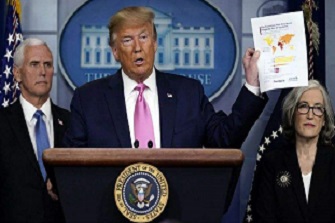
John Ross: US policy on China won’t changeTrump's anti-China coronavirus rhetoric will cost many lives
US President Donald Trump has launched xenophobic attacks on China over COVID-19 with only one purpose – to attempt to divert attention from his failure to prepare the US for the inevitable spread of the coronavirus. But this anti-China rhetoric will have serious consequences for the American people, leading to many lost lives. Trump’s attack on China is a futile attempt to head off what will be the inevitable verdict of history on a disaster for the American people. If continued, it will cost many American lives.
2020-03-26 -
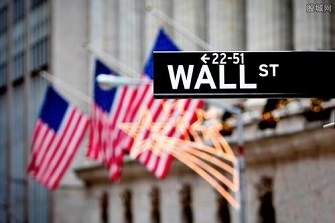
He Yafei: Who Has the Advantage?
The foreign policy of the United States has undergone major changes in recent years. From the Obama administration’s passive response to great-power competition to the Trump administration’s targeting of China and Russia as major strategic rivals, the U.S. has officially given up unipolarity in favor of the new era of great-power competition.
2020-03-25 -
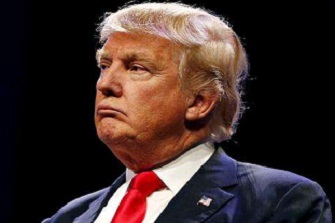
William Jones: Trump's blame game could put American lives at risk
Anyone who has watched Trump's daily briefings with the White House coronavirus task force he set up, can clearly see that the U.S. views this more and more as a zero-sum game with China, which through diligent efforts and the nation coming together, had succeeded in getting to a point where there are no, or very few, new incidents of the virus.
2020-03-23 -
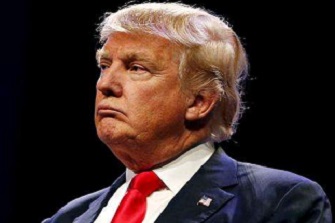
William Jones: Trump's blame game could put American lives at risk
Anyone who has watched Trump's daily briefings with the White House coronavirus task force he set up, can clearly see that the U.S. views this more and more as a zero-sum game with China, which through diligent efforts and the nation coming together, had succeeded in getting to a point where there are no, or very few, new incidents of the virus.
2020-03-23
























































































 京公网安备 11010802037854号
京公网安备 11010802037854号





